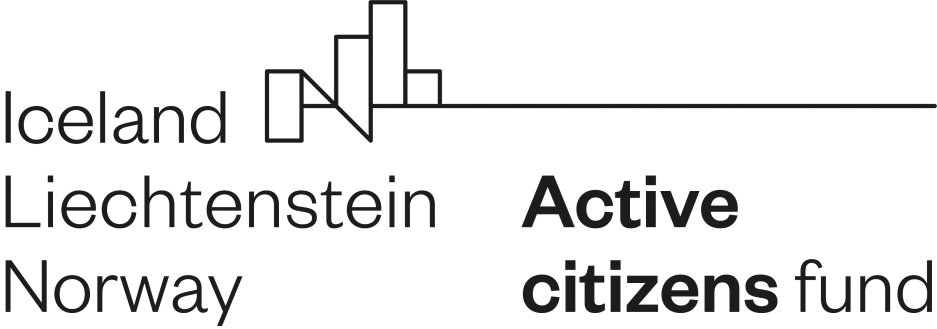Start of the project “Public dialogue on the fate of the killed and missing: we remember – and you?”

The position and attitude towards civilian victims of war are the backbone of Documenta‘s work so far. It seeks to develop, assist and promote individual and social processes of dealing with the past in order to build sustainable peace. At the beginning of 2021, a three-year project started, entitled “Public dialogue on the fate of the killed and missing: we remember – and you?”, with the support of the Active Citizens Fund in Croatia and in cooperation with partners from the Center for Peace, Nonviolence and Human Rights – Osijek. Existing legal mechanisms are vague and neglect civilian victims of war, while the process of social trust building is slowed down due to ineffective resolution of the fate of the missing, inefficient judiciary, poor institutional and social support, with indications of intolerance and hate speech, and inadequate dealing with the past. Therefore, the main goal of the project is to strengthen civil society and vulnerable groups in the process of humanizing attitude towards victims of war and human rights violations, regardless of their national, ethnic or political affiliation. Focusing on target groups that include victims of the 20th century wars and their families, lawyers and attorneys, representatives of the judiciary, legislature and the executive authorities, young students and researchers, the media, professionals and the general public, efforts will be made to strengthen and initiate stronger social and political support, as well as a more effective search for the missing, recognition of the rights of the families of those killed and other civilian victims, and stronger prosecution of war crimes.
The main objectives are divided into five groups with their associated activities:
1) Civilian victims of war and human losses
2) Court-established facts and cooperation with the judiciary
3) Teaching history and working with youth
4) Development of an inclusive culture of remembrance
5) Capacity building of Documenta and other civil society organizations
During the three-year period, efforts will be made to provide a better and more humane approach to the problems of war victims and the practice of culture of remembrance in Croatia through strengthened active citizenship, with a range of different activities that include support for victims and survivors (completing victim questionnaires, writing case studies, etc.), supporting more effective war crimes prosecutions (trial monitoring, cooperation with legal teams, etc.), public advocacy for the rights of civilian victims of war (meetings with judicial institutions, writing comments on bills, etc.), better history teaching and empowering young people to deal with the past (workshops on recording local histories, mentoring support, etc.) and strong public advocacy in the form of crowdfunding as well as other smaller advocacy campaigns.
Over 36 months, the project will provide a safer environment in which people are willing to talk about their own destinies and the destinies of victims, thus encouraging networking of different stakeholders at the local and national level while seeking greater institutional transparency.
Projekt ,,Javni dijalog o sudbini ubijenih i nestalih: mi pamtimo – a vi?” je podržan sa € 150.000,00 financijske podrške Islanda, Lihtenštajna i Norveške u okviru EGP grantova










